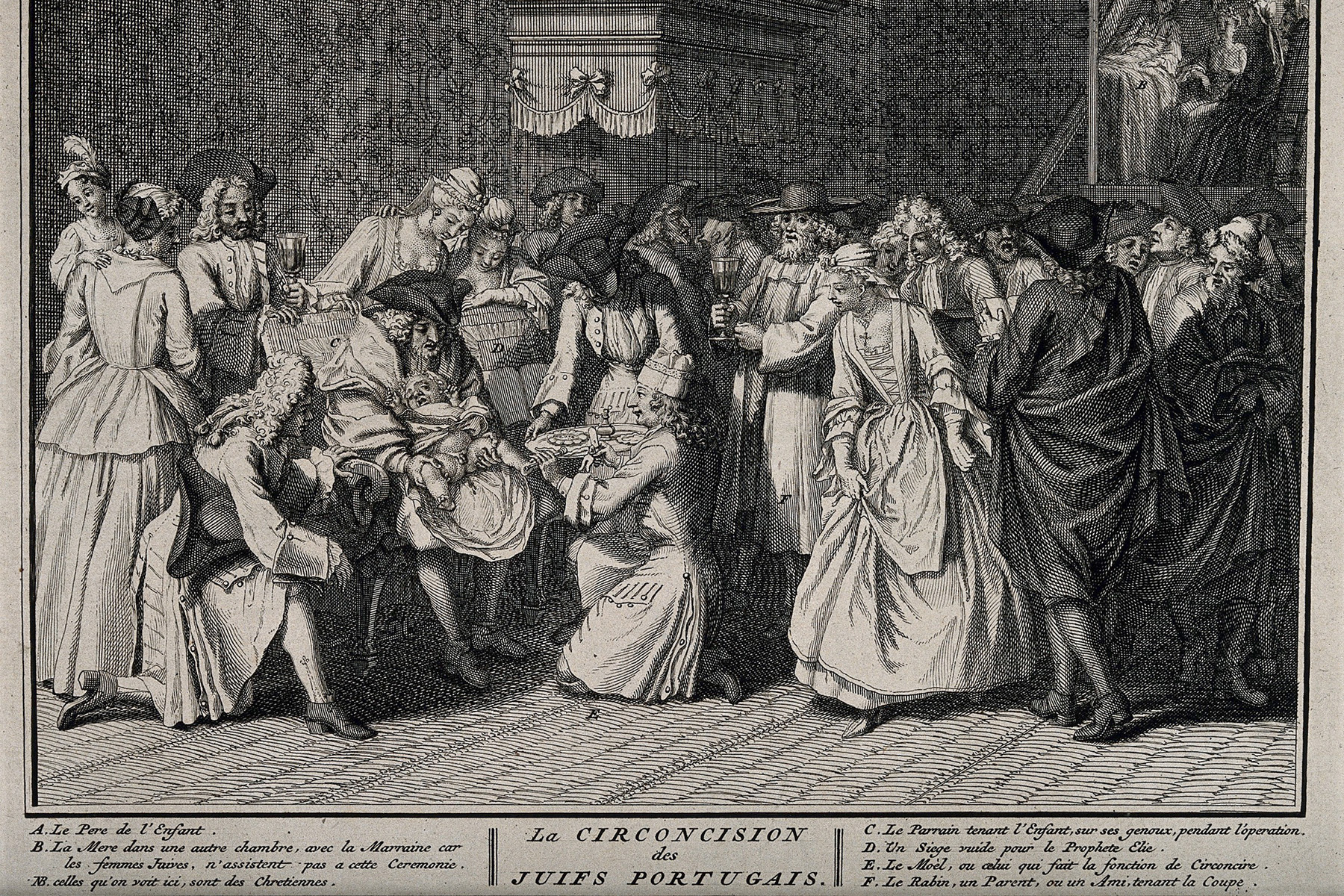I don’t know if it’s because I just binge-watched Bridgerton, or perhaps because my sister recently got engaged, or maybe because I’m a 28-year-old feminist, but I’ve been thinking a lot recently about marriage, and weddings, and the whole slew of sexist traditions that come along with it.
Now, before you groan, I want to let you know that I like weddings. I actually love them—I’ve never not had fun at dress-up parties with free booze and dancing. I even like the ceremonies: watching two people declare their love for one another and swear to be together, forever, in front of all their friends and family, is a very moving experience. At the wedding of my childhood friend’s brother, I sat next to my sister as she openly cried—wept, even. They weren’t even close; it was just emotional. I myself teared up at my high school friend’s wedding, once I could get past all the religion and heteronormativity.
But I see this lovely, loving part of a wedding as completely separate from the religious, patriarchal, and often sexist components of all the ceremony that ultimately surrounds nothing more than the joining of two lives. I should preface that my experience with the institution of marriage largely stems from the European, Christian tradition, so it is through this lens that I critique it.
Let’s start with the bit where the man proposes to the woman. Not so long ago, women were property—and I do mean actual property. Until a woman was married, they belonged to their father, and as soon as they were of marrying age they would be presented to the men in their villages or towns, sort of like when a designer attends a trade show to exhibit their new furniture and find buyers. The most important thing a woman could do in their life (unless they demonstrated outstanding intelligence or some very specific skill, coupled with extreme determination and a desire to be at odds with society and their families) was find a husband. But it was never up to them, and love matches were rare. Rather, matches and subsequent marriages were closer to business transactions—one buyer negotiating the terms with the seller, the item of interest, of course, being the woman.
But now, women are equal—or at least we like to say they are. So why do most women still wait for the man to propose?
Perhaps it is because of the engagement ring bit. This is a newer phenomenon than the women-as-property bit, but something that still stems from outdated roles of men and women: men with more money, women desiring and requiring pretty things, men buying a woman’s affection. Some men may put aside three full months of salary to buy his betrothed a ring, so that the couple can signify to the world that the woman is ‘taken,’ usually at least 1 year before the wedding. During this time, the man walks around ring-less—available, according to his ring finger. This is one more way to mark women as property, and today, usually a way to show off on social media.
Then, there is the bit where the father of the bride “gives her away” at the wedding, symbolically passing the woman from one man to the next—historically, from one owner to the next. Rather than walking with both parents, or perhaps even walking by herself, she must be supported down the aisle, holding the arm of her father, who leads her to her soon-to-be-husband, waiting for her, strong and steady. The father may literally kiss his daughter goodbye, and pass her on to the next man in her life who must now take care of her.
You might say that these are all just gestures, symbols, harmless traditions. But they are rooted in a long history of male ownership of women, and of women’s loss of identity to men. By continuing to celebrate all the ways in which one gender has been subordinate to another, we allow these beliefs to live on in the human psyche. Of course, there are many other ways to promote equality between the genders, but marriage—and all of the ceremony and excitement and expectation that surrounds it—is central to our modern lives, society and economy, and should therefore reflect the equity we hope to see.
My sister’s wedding will not take place in a church, which means that no bible passages will be read, and no priest will expound on the sacred union of men and women only, under god, for the sole purpose of having babies. She wants both our parents to walk her down the aisle. Her relationship to her partner is one of equals, and when they come together to promise that they will look after each other for the rest of their lives, they will do so as equals.
We must encourage more and more examples like this, where it falls upon neither the man nor the women to explicitly perform duties traditionally bestowed upon them because of their gender. Then perhaps it will not be assumed, later in life, that the woman will give up her career to take care of the children, but that these duties might be shared. Then perhaps, earlier in life, girls might realize that they don’t need to wait on a boy to ask her out, or text her, or kiss her. She need not wait for the boy to make the first move, nor must she respond in kind to his whim if she does not want to. She has as much control of her love—and of her life—as anyone, and she should know that.




